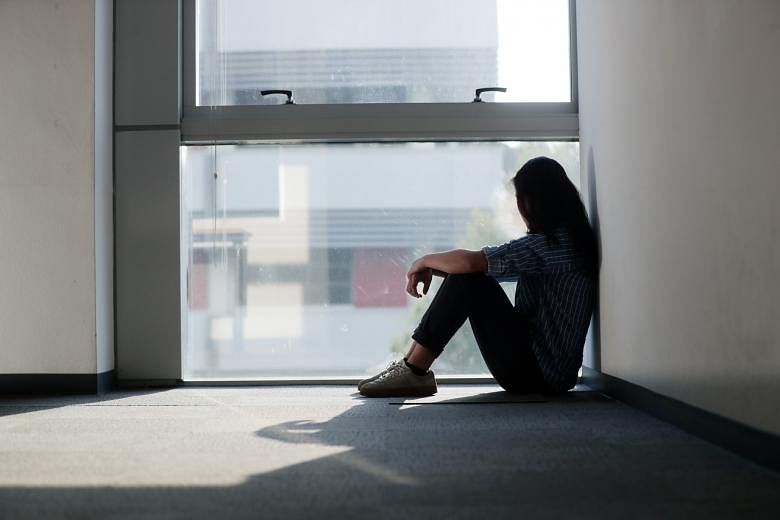With the extension of the circuit breaker to June 1, the Ministry of Health (MOH) has re-categorised allied health services outside of the public healthcare institutions as essential services with effect from today. These include rehabilitation or therapy services, and other allied health services such as dietetics, social work, psychology and podiatry.
The ministry said there will be restrictions in place for the provision of such services to ensure that overall movement and interactions are still minimised during this period.
These include keeping therapy to one-to-one sessions, and prioritising face-to-face consultations for patients whose condition may significantly or rapidly deteriorate and thus potentially threaten their health and well-being if they do not receive the therapy or treatment.
All allied health professionals will also have to continue to adhere to the prevailing safe distancing, crowd management and personal protective equipment measures.
MOH also urged service providers to deliver their services through teleconsultation where possible to reduce infection risk.
The announcement comes after various groups and individuals from allied health services have, in recent weeks, advocated, through means including Forum letters to The Straits Times, for their work to be reinstated as essential as clients would be adversely impacted if confined to teleconsultation.
The Singapore Psychological Society said in a Facebook post yesterday that practitioners on the Singapore Register of Psychologists who wish to continue operating should check their e-mails for further instructions on submitting hours to keep their clinics or centres open.
It said practitioners will be allowed to open for no more than four consecutive hours a day and no more than five days a week.
Dr Shawn Ee, director of The Psychology Practice, told ST that the move was welcome and a relief for him and his team of seven.
They had last Friday received an exemption to continue their services, but yesterday's announcement assured them that they would be able to continue during the extended circuit breaker.
A teleconsulting setting can be disorienting for a client, said Dr Ee, who is also a psychoanalytic therapist. He noted that for some people, it may be difficult for them to feel safe even when they are physically at a centre. So doing a consultation through video conferencing can be even harder for them.
"We felt that we were unable to do our jobs properly to support our clients in the way we know how, though at the same time respecting the possibility and risk of community transmission," said Dr Ee.
"For our clients, hearing that we are now essential sort of feels like their needs are being respected as well. Many of them have reported being more depressed and anxious during this period, especially after the circuit breaker was extended."
Dr Ee said his practice would continue to evaluate if the health risks of face-to-face consultations outweigh the benefits to clients before proceeding.
United Rehabilitation and Physiotherapy Centre's principal physiotherapist Lau Ai Ni said the announcement was "definitely a very good move, especially for patients".
For some patients, the benefits of face-to-face physiotherapy could outweigh the risk of infection, as they require urgent physiotherapy to prevent unnecessary and debilitating complications.
For example, a patient who is recovering from surgery after a bone fracture will need a physiotherapist to help him move the joint to prevent stiffness, said Ms Lau. If he were to do it on his own, untrained, it could result in the bone not healing normally.
One of her patients struggled so much with telerehabilitation that Ms Lau advised him not to continue, as he was in more pain than before.
She added that even with therapy services being categorised as essential, she still has to carefully consider the need for face-to-face sessions and be mindful of safe distancing and hygiene measures.

